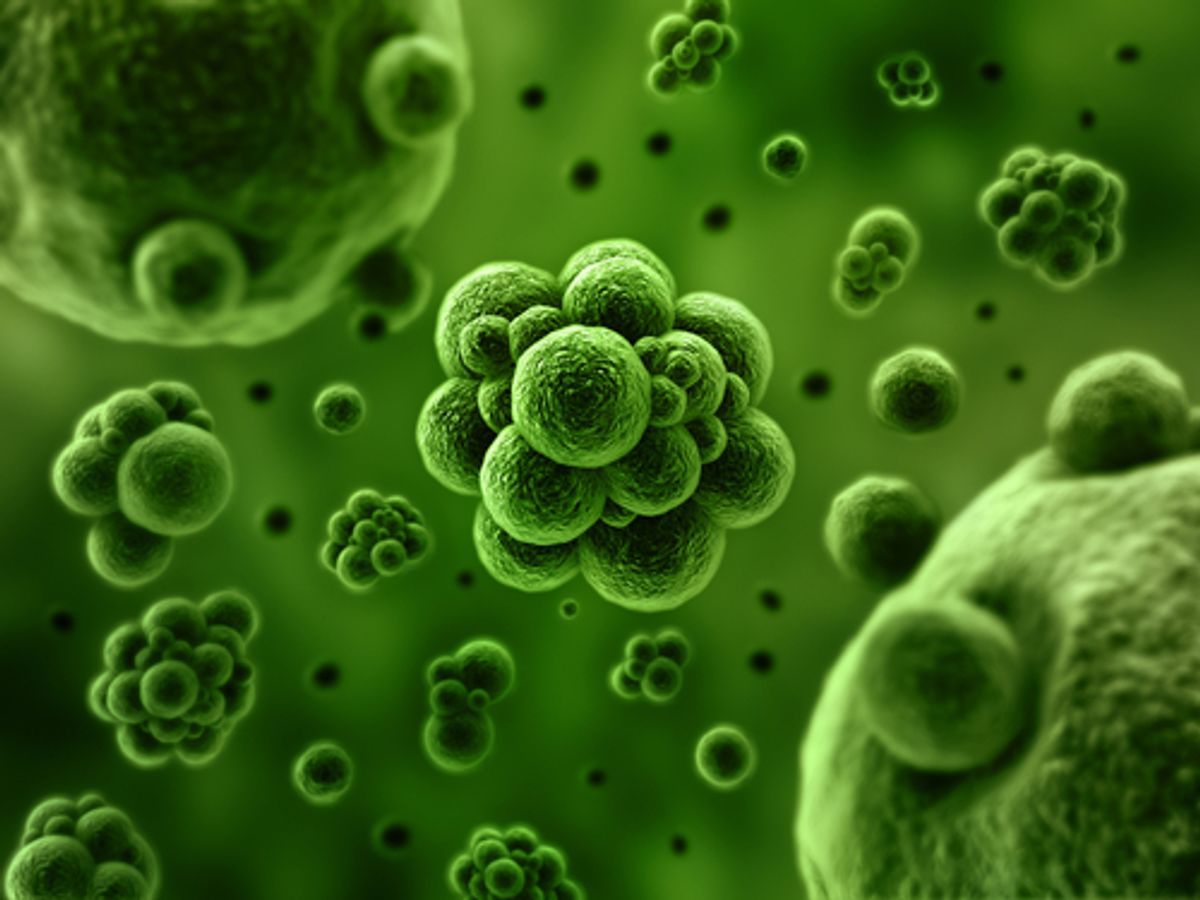A dangerous "superbug" has made its way into the North American food supply for the first time, Canadian researchers announced Wednesday. Routine testing of raw squid, imported from South Korea, revealed a strain of bacteria resistant to carbapenems, a class of antibiotics used to treat life-threatening infections.
This is concerning because carbapenems are a "last resort" antibiotic, one doctors turn to when common antibiotics fail. Health officials have been watching them closely; in April, the World Health Organization warned that antibiotic resistance had become a serious, global threat to public health, listing the spread of carbapanem resistance as a main reason for that.
Carbapanem-resistant bacteria have been detected in the environment and in animals used for food, but this is the first time they've been found in food itself. That raises the stakes considerably, Joseph Rubin, assistant professor of veterinary microbiology at the University of Saskatchewan and head of the research team, explained, because it means “the risk of exposure in the public goes beyond people with travel histories and beyond people who have been previously hospitalized" -- a select group -- to the general public.
Maryn McKenna, who first broke the news, has more on why this is such a big deal:
Beyond the obvious, that this is a first finding of a resistance factor where it has not previously been, here are some concerns: Because the carbapenem-resistant bacteria tend to be gut bacteria, anything that conducts them into your gut—like, for instance, swallowing them—is problematic. The issue isn’t that the bacterium is going to cause a foodborne illness immediately; the bacteria carrying this gene was not a disease-causing variety. Rather, the concern is that the DNA conferring this resistance passes from this bacterium into the vast colony of diverse bacteria that live in your gut for your entire life, becoming incorporated into your gut flora and posing a risk of drug-resistant illness at some future point when the balance of your immune system slips.
That this was found on seafood—a type of food that we tend to undercook and sometimes eat raw—just increases the risk of transmission. And that’s not even to mention the possibility that bacteria containing the gene spread to other seafood or other foods in that store, or in the kitchens of anyone unlucky enough to bring them home.
“Finding this organism in food is extremely disturbing,” Rubin told the Washington Post. “This widens the possibilities for the spread of resistance.”
As a reminder, that would be very, very bad.

Shares